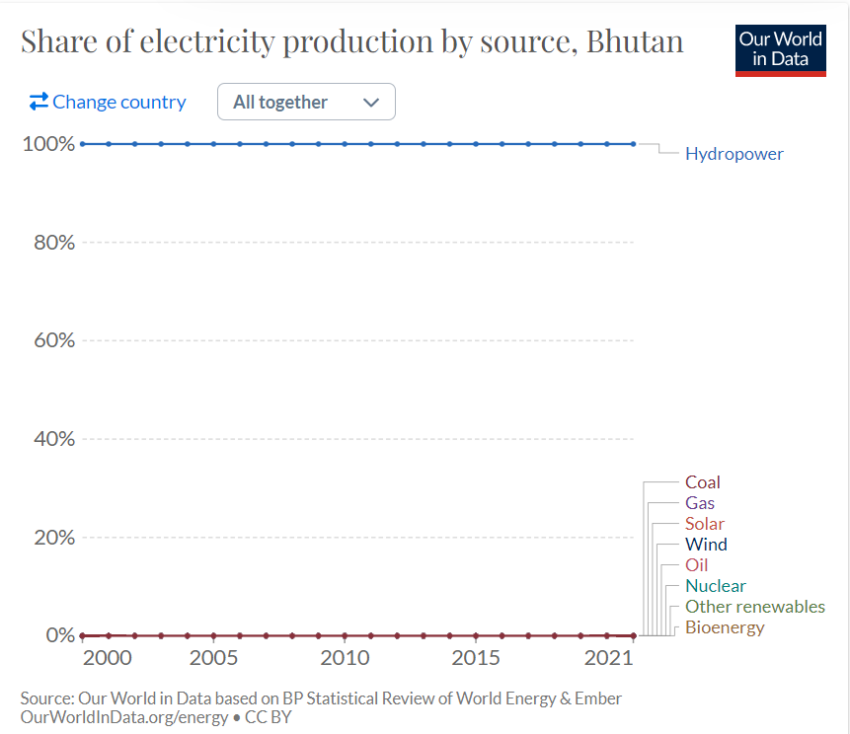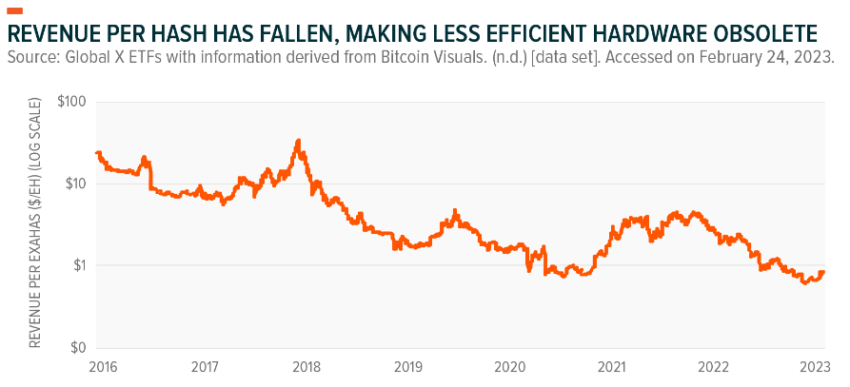Renewables-based mining prospects are flourish in Bhutan and Kenya after the China mining ban and more recent U.S. restrictions.
African miner Gridless funds microgrid projects with Bitcoin mining revenue, while miner Bitdeer will offer Bhutanese jobs through a data center funding agreement with Druk Holding and Investments (DHI).
Bhutan and Kenya Look to Renewable Energy
Singapore-headquartered Bitdeer will invest $500 million in data centers, renewable energy, artificial intelligence, blockchain, and metaverse technology. Clean energy will power the data centers, as it does in African communities using microgrids.
DHI will also fund Bhutan’s exploration of renewable energy sources, including hydropower, green ammonia, and hydrogen fuel. Bhutan currently uses renewables for all its energy requirements.

According to consulting firm DLA Piper, China’s mining ban has encouraged miners to use renewable capacity in other parts of the world with more transparency
The Bitcoin Mining Council estimates that more than half the energy Bitcoin (BTC) miners used in Q4 2022 came from renewable sources.
Microgrid operator Gridless electrifies Kenyan communities through Bitcoin-funded clean energy. The firm plans a Malawi expansion through freshly-raised funding from Jack Dorsey’s Block, among others.
US Regulators on Dirty Energy Use
Regulatory pressure from U.S. states and the upcoming Bitcoin halving could further push miners to environmentally friendly solutions.
Last year, New York Governor Kathy Hochul imposed a moratorium on renewing permits for Bitcoin miners using non-renewable energy.
Texan politicians recently passed a bill preventing the state’s Energy Reliability Council (ERCOT) from paying large miners to shut down operations.
Riot Platforms’ 100-acre mining facility in Rockdale must liaise directly with ERCOT during grid emergencies. The bill also rescinds tax incentives for mining companies heading to Texas.
However, ERCOT has also encouraged miners to use West Texas’s excess wind and solar capacity. Marathon Digital moved its coal-fired mining facility from Montana to more environmentally-friendly solutions, including a wind-powered facility in Texas.
Bitcoin halving reduces the coin’s emission rate by 50%. It happens once every 210,000 blocks and forces miners to buy more efficient machines or reduce electricity costs to maintain revenues. Miners can earn a transaction reward in Bitcoin for guessing the correct value of a number needed to calculate the hash of a block.

Efficient mining computers can offer more guesses per unit of energy consumed.
For Be[In]Crypto’s latest Bitcoin (BTC) analysis, click here.
Disclaimer
In adherence to the Trust Project guidelines, BeInCrypto is committed to unbiased, transparent reporting. This news article aims to provide accurate, timely information. However, readers are advised to verify facts independently and consult with a professional before making any decisions based on this content. Please note that our Terms and Conditions, Privacy Policy, and Disclaimers have been updated.


